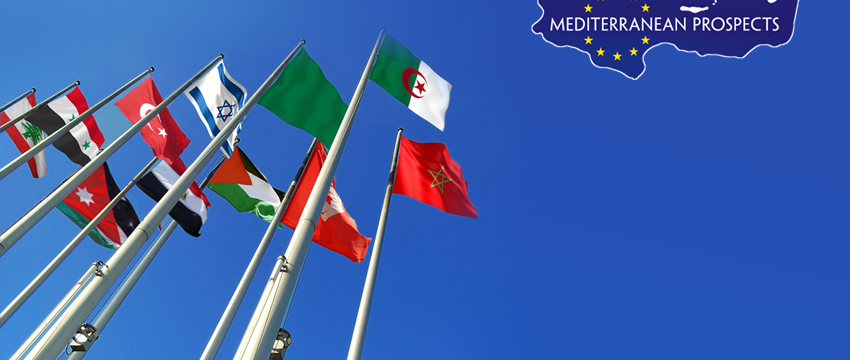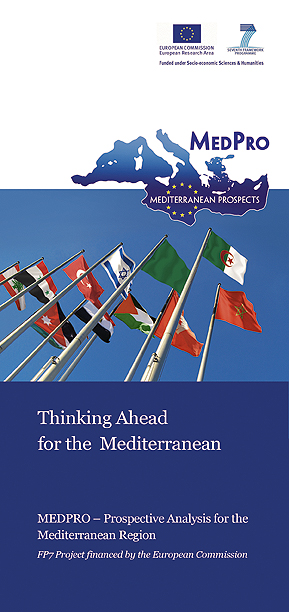- التنسيق العلمي
- الجوغرافية السياسية وحكومة
- الديموغرافيا، والصحة، والشيخوخة
- إدارة البيئة والموارد الطبيعية
- الطاقة، والتخفيف من حدة تغير المناخ
- التكامل الاقتصادي، والتجارة، والاستثمار، والتحليل القطاعي
- الخدمات المالية وسوق رأس المال
- رأس المال البشري، والحماية الاجتماعية، وعدم المساواة والهجرة
- وضع السيناريوهات وتقييم الأثر
- سيناريوهات التكامل الإقليمي والتعاون مع الاتحاد الأوروبي
What can Arab Countries Learn from the Post‐Communist Transition?
خميس, 31/05/2012 - 19:58 | by admin
More than a year has passed since the start of the political uprising against the authoritarian regimes in the Arab world. But, as demonstrated by the ongoing unrest in Syria, the process is far from over.
Many politicians and experts, especially those from Central and Eastern Europe, suggest that their Arab colleagues should learn from the post-communist transition of the early 1990s. However, while learning from others’ experience is always a useful exercise, the geopolitical and socio-economic context of the Arab revolution appears to be different, argues author Marek Dabrowski, from that of former Soviet bloc countries more than twenty years ago.
Marek Dabrowski is a CASE Fellow and former President of CASE.
| المرفق | الحجم | الطلبات | Last download |
|---|---|---|---|
| MEDPRO Com No 1 WP5 Dabrowski.pdf | 236.01 ك.بايت | 1241 | منذ 3 ساعات 56 دقيقة |
تاريخ المطبوعة:
Thu, 31/05/2012
المؤسسة: CASE








